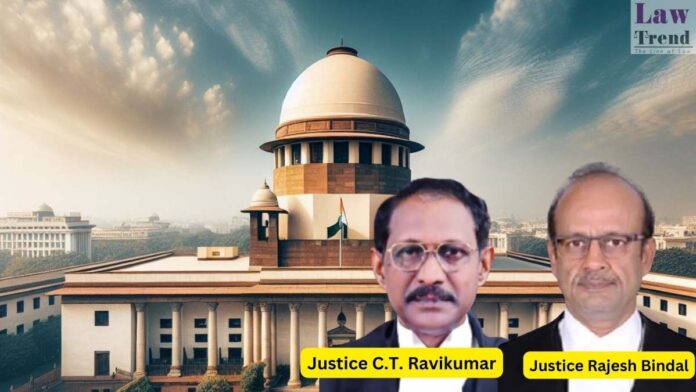The Supreme Court of India has quashed an FIR filed against Lalu Yadav, accused of rape under Section 376 of the Indian Penal Code (IPC), citing that the complainant and the appellant were involved in a long-term consensual relationship. The court emphasized that the complainant’s allegations do not prima facie establish that she gave her
To Read More Please Subscribe to VIP Membership for Unlimited Access to All the Articles, Download Available Copies of Judgments/Order, Acess to Central/State Bare Acts, Advertisement Free Content, Access to More than 4000 Legal Drafts( Readymade Editable Formats of Suits, Petitions, Writs, Legal Notices, Divorce Petitions, 138 Notices, Bail Applications etc.) in Hindi and English.




